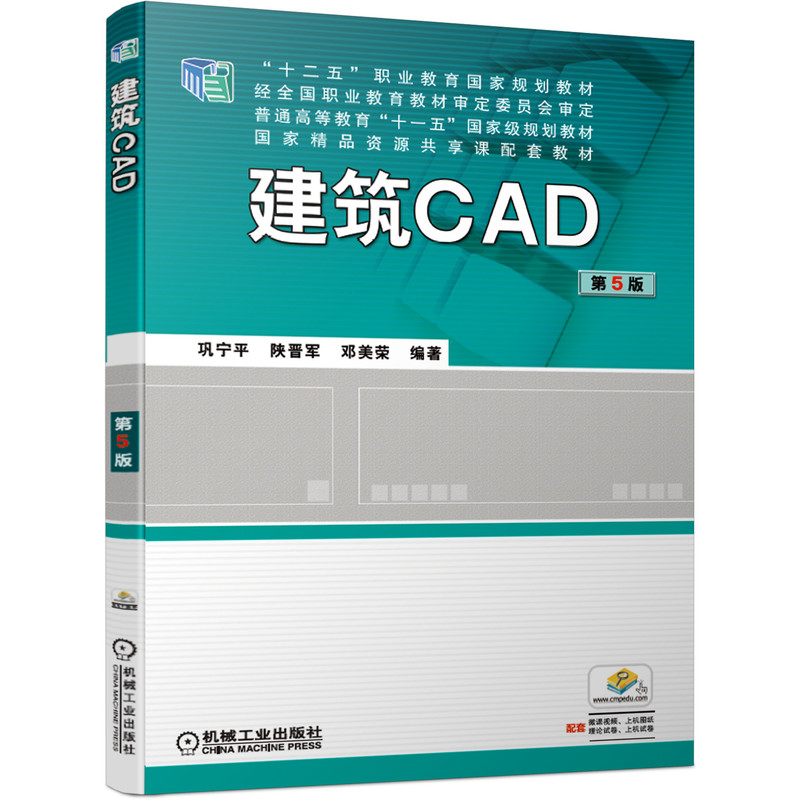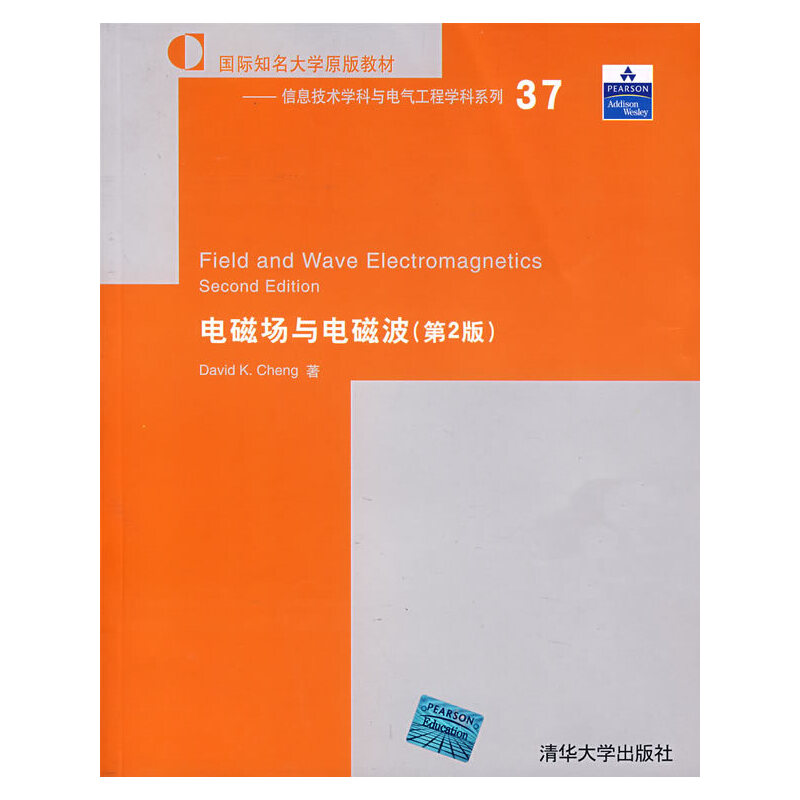- 世界图书出版公司
- 9787510070327
- 154773
- 2014-03
- O189.23
内容简介
Many of the original research and survey monographs ln pure and applied mathematics published by Birkh iuser in recent decades have been groundbreaking and have come to be regarded as found。 ational to the SUbject.Through the MBC Series,a select number ofthese modern classics,entirely uncorrected,are being released in paperback Iand as eBooks)to ensure that these treasures remainaccessible to new generations of students,scholars,and reseat-chers。
目录
Chapter l Simplicial sets
1.Basic definitions
2.Realization
3.Kan complexes
4.Anodyne extensions
5.Function complexes
6.Simplicial homotopy
7.Simplicial homotopy groups
8.Fundamental groupoid
9.Categories of fibrant objects
10.Minimal fibrations
11.The closed model structure
Chapter II Model Categories
1.Homotopical algebra
2.Simplicial categories
3.Simplicial model categories
4.The existence of simplicial model category structures
5.Examples of simplicial model categories
6.A generalization of Theorem 4.1
7.Quillen’S total derived functor theorem
8.Homotopy cartesian diagrams
Chapter III Classical results and constructions
1.The fundamental groupoid.revisited
2.Simplicial abelian groups
3.The Hurewicz map
4.The Ex∞functor
5.The Kan suspension
Chapter IV Bisimplicial sets
1.Bisimplicial sets:first properties
2.Bisimplicial abelian groups
2.1.The translation object
2.2 The generalized Eilenberg-Zilber theorem
3.Closed model structures for bisimplicial sets
3.1.The Bousfield-Kan structure
3.2.The Reedy structure
3.3.The Moerdijk structure
4.The Bousfield—Friedlander theorem
5.Theorem B and group completion
5.1.The’serre spectral sequence
5.2.Theorem B
5.3.The group completion theorem
Chapter V Simplicial groups
1.Skeleta
2.Principal fibrations I:simplicial G-spaces
3.Principal fibrations II:classifications
4.Universal cocycles and WG
5.The loop group construction
6.Reduced simplicial sets,Milnor’S FK-construction
7.Simplicial groupoids
Chapter VI The homotopy theory of towers
1.A model category structure for towers of spaces
2.The spectral sequence of a tower of fibrations
3.Postnikov towers
4.Local coefficients and equivariant cohomology
5.On k-invariants
6.Nilpotent spaces
Chapter VII Reedy model categories
1.Decomposition of simplicial objects
2.Reedy model category structures
3.Geometric realization
4.Cosimplicial spaces
Chapter VIII Cosimplicial spaces:applications
1.The homotopy spectral sequence of a cosimplicial space
2.Homotopy inverse limits
3.Completions
4.Obstruction theory
Chapter IX Simplicial functors and homotopy coherence
1.Simplicial functors
2.The Dwyer-Kan theorem
3.Homotopy coherence
3.1.Classical homotopy COherence
3.2.Homotopy coherence:an expanded version
3.3.Lax functors
3.4.The Grothendieck construction
4.Realization theorems
Chapter X Localization
1.Localization with respect to a map
2.The closed model category structure
3.Bousfield localization.
4.A model for the stable homotopy category
References
Index
1.Basic definitions
2.Realization
3.Kan complexes
4.Anodyne extensions
5.Function complexes
6.Simplicial homotopy
7.Simplicial homotopy groups
8.Fundamental groupoid
9.Categories of fibrant objects
10.Minimal fibrations
11.The closed model structure
Chapter II Model Categories
1.Homotopical algebra
2.Simplicial categories
3.Simplicial model categories
4.The existence of simplicial model category structures
5.Examples of simplicial model categories
6.A generalization of Theorem 4.1
7.Quillen’S total derived functor theorem
8.Homotopy cartesian diagrams
Chapter III Classical results and constructions
1.The fundamental groupoid.revisited
2.Simplicial abelian groups
3.The Hurewicz map
4.The Ex∞functor
5.The Kan suspension
Chapter IV Bisimplicial sets
1.Bisimplicial sets:first properties
2.Bisimplicial abelian groups
2.1.The translation object
2.2 The generalized Eilenberg-Zilber theorem
3.Closed model structures for bisimplicial sets
3.1.The Bousfield-Kan structure
3.2.The Reedy structure
3.3.The Moerdijk structure
4.The Bousfield—Friedlander theorem
5.Theorem B and group completion
5.1.The’serre spectral sequence
5.2.Theorem B
5.3.The group completion theorem
Chapter V Simplicial groups
1.Skeleta
2.Principal fibrations I:simplicial G-spaces
3.Principal fibrations II:classifications
4.Universal cocycles and WG
5.The loop group construction
6.Reduced simplicial sets,Milnor’S FK-construction
7.Simplicial groupoids
Chapter VI The homotopy theory of towers
1.A model category structure for towers of spaces
2.The spectral sequence of a tower of fibrations
3.Postnikov towers
4.Local coefficients and equivariant cohomology
5.On k-invariants
6.Nilpotent spaces
Chapter VII Reedy model categories
1.Decomposition of simplicial objects
2.Reedy model category structures
3.Geometric realization
4.Cosimplicial spaces
Chapter VIII Cosimplicial spaces:applications
1.The homotopy spectral sequence of a cosimplicial space
2.Homotopy inverse limits
3.Completions
4.Obstruction theory
Chapter IX Simplicial functors and homotopy coherence
1.Simplicial functors
2.The Dwyer-Kan theorem
3.Homotopy coherence
3.1.Classical homotopy COherence
3.2.Homotopy coherence:an expanded version
3.3.Lax functors
3.4.The Grothendieck construction
4.Realization theorems
Chapter X Localization
1.Localization with respect to a map
2.The closed model category structure
3.Bousfield localization.
4.A model for the stable homotopy category
References
Index






